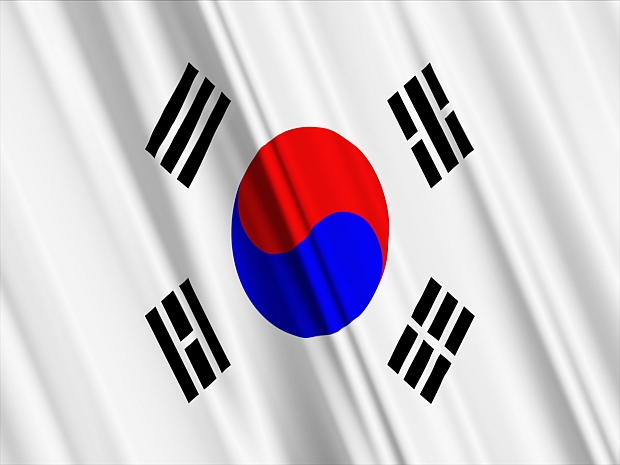South Korea telecoms regulations need relook

As competition heats up in South Korea's telecommunications industry, local operators are resorting to high handset subsidies and unlimited data plans to win customers over. However, government regulations and policy frameworks need to be relooked and operators have to learn to compete within boundaries in order to promote sustainable growth of the sector.
Jake Saunders, vice president of forecasting at ABI Research, said this "pressure cooker" environment in the country's telecom industry can be attributed to high GDP per capita, rising living standards and a large population.

Existing government regulations have also played a part in egging operators to progress for the past 10 years, Saunders added.
With the nationwide shift to LTE networks, Charlotte Pak, manager at Research on Asia (ROA) Holdings said the three operators have been competing even more fiercely to be on top of the LTE market. This means putting in more effort and energy to connect as many LTE subscribers to their networks as possible, she noted.
One example of the growing competition was seen just before the launch of Apple's iPhone 5 in the country. Local distributors and retailers started providing large subsidies to customer pre-ordering the device, with the condition they would change their mobile operators. A 16GB iPhone 5 costs about 814,000 won (US$751.37) but consumers who agree to the conditions can purchase the phone for 400,000 won (US$369.23).
Such actions alerted the industry regulator Korea Communications Commission (KCC) to excessive subsidies being handed out by operators, and they eventually penalized all three local operators--KT, SK Telecom and LG Uplus--by banning them from signing up new customersfor between 20 and 90 days. This was meant to prevent the market from overheating and maintaining parity in competition, according to an earlier report.
The telcos were also fined a total of 11.89 billion won (US$11.2 million).
Despite the penalties, SK Telecom was reportedly still flouting the rules and offering high handset subsidies. The KCC is still considering whether to impose additional finesand extend the ban, but it is not certain whether such punishments would be limited to SK Telecom or to all three operators.
Subsidy war a negative move
Saunders said it is "natural" for telcos to resort to handset subsidies to compete more effectively and lower the barriers-to-entry for consumers to purchase the latest mobile devices. After all, they can recoup the subsidy through the lifetime of the contract, he noted.
The discounts given will have negative implications on the market though, he said. The current subsidy war favors those with "deep financial pockets", as operators would have to simultaneously invest on their networks, thereby increasing upfront expenses. For operators that over-commit, they may end up stretching their resources too much, he explained.
Pak added operators will have to ensure their subscribers help them recoup the initial outlay, but with average revenue per user (ARPU) dropping, this will be challenging.
Beyond handset subsidies, the competition has spilled over to data packages as well, she noted. Last week, offering all three telcos announced they were offering unlimited LTE-based data plans. LG Uplus started the plan, as it has enough network resources to do so, but KT and SK Telecom were forced to follow suit to prevent customers from flocking to the third-largest operator in the country, she added.
"This is not a good strategy, and KT and SK Telecom will probably run into traffic problems and have to expand their networks later on," Pak said.
Strike a balance between regulation and competition
Moving forward, the South Korean government needs to ensure its policy and regulatory frameworks are updated to ensure they can facilitate and support the continued growth of the telecom sector, advised Irene Ng, head of Asia at GSMA.
One key area is for it to allocate sufficient harmonized spectrum in a timely manner, as this would support operators in their efforts to offer customers high speed, high bandwidth mobile services, Ng added.
Saunders added the handset subsidy model, in particular, is here to stay as it has helped consumers buy and own a smartphone. He encouraged the KCC to continue to with imposing penalties to bring erring mobile operators back in line.